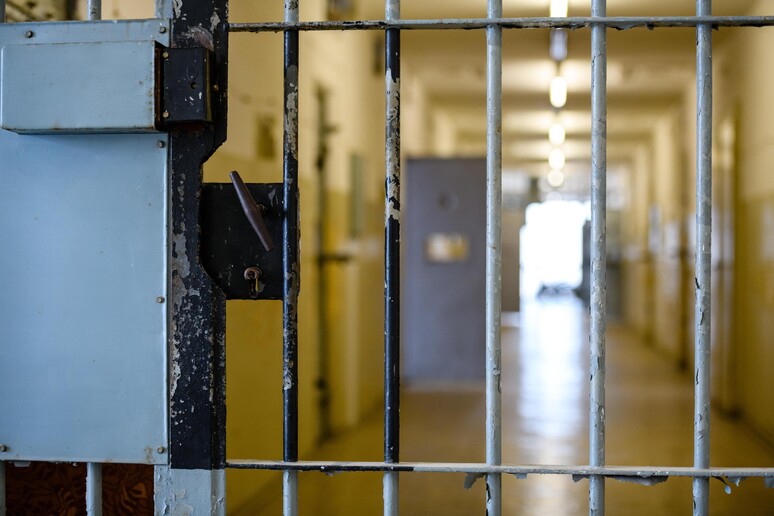New York Governor Kathy Hochul issued an executive order on Tuesday barring the individuals who did not return to work following the resolution of a wildcat strike with correction officers’ union leaders over the weekend from being hired by other state agencies. “We have taken unprecedented steps to protect public safety,” Hochul said, “and I am grateful to the National Guard and DOCCS personnel who stayed on the job, going above and beyond to protect their fellow New Yorkers.”
A press release from Hochul’s office indicated that roughly 2,000 workers who did not show up for work on Monday received termination notices. Beyond barring these individuals from working for the State, the executive order also recommends removing their names from the Central Registry of Police and Peace Officers, which would prevent them from working those jobs in local jurisdictions. “There are consequences when people break the law, and that means you’re not working in our state workforce, ever,” the governor told reporters.
Nearly all of the New York’s 10,000 prison employees had been on strike since February 17th, making this the longest strike of its kind in the state’s history. Workers were demanding that the state address chronic understaffing and overturn the HALT Act, which limits solitary confinement for all incarcerated persons to 15 days. Corrections officers have complained about rising rates of assaults on staff since the HALT Act was implemented 2021, growing from 93 a month that year to 173 a month in 2024.
Such statistics may be misleading, however, as prisoners claim that COs finesse the stats. A lawsuit from dozens of inmates at the Green Haven Correctional Facility claims that guards attacked them over eight days during contraband searches, then wrote them up for violence or assault. Reversing the HALT Act also presents human rights concerns, with multiple U.N. reports calling solitary confinement “psychological torture” and calling for an all-out ban on the practice outside of extreme circumstances. The deal between the state and the striking prison workers includes a pledge to form a committee that would propose amendments to the HALT Act, which the state had already agreed to suspend during the strike, and has extended the suspension for another 90 days.
The 2,000 fired employees will likely put more pressure on the already-strained prison workforce, which has been in decline since 2018. Daniel Martuscello III, the commissioner of the state Department of Corrections and Community Supervision, has said that National Guard troops who were deployed to maintain order during the strike will remain in a “support posture,” although no end date has been set for their deployment. Martuscello has stated that the corrections department will launch a “high-energy” recruitment campaign to fill vacancies.












